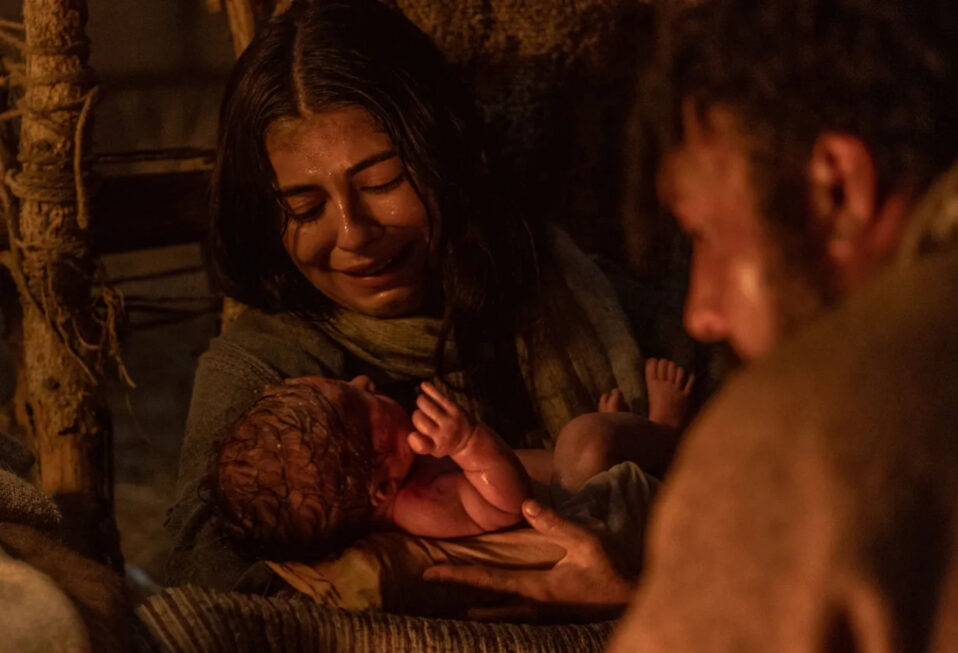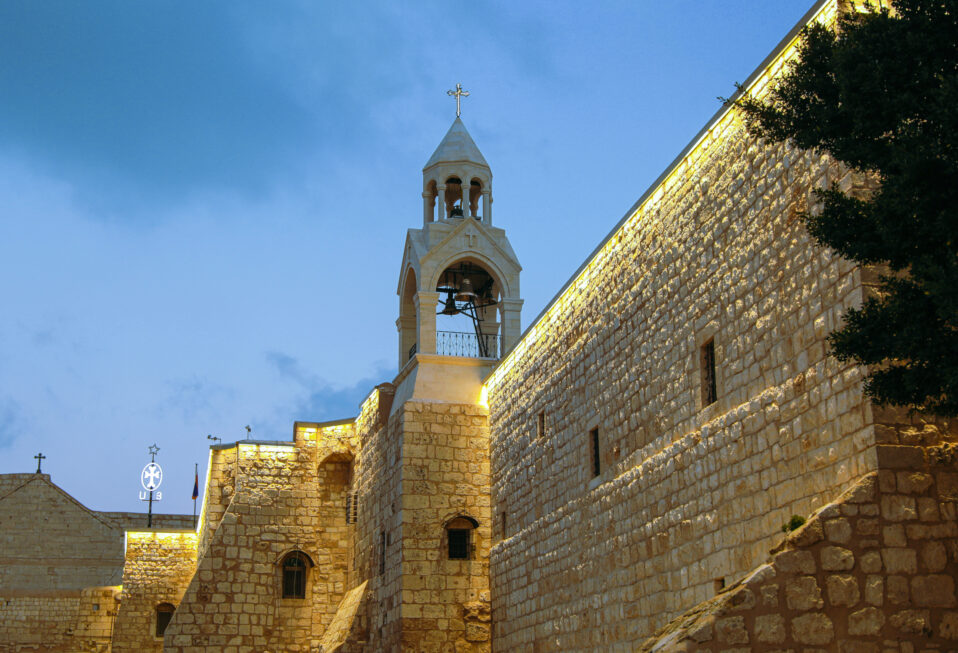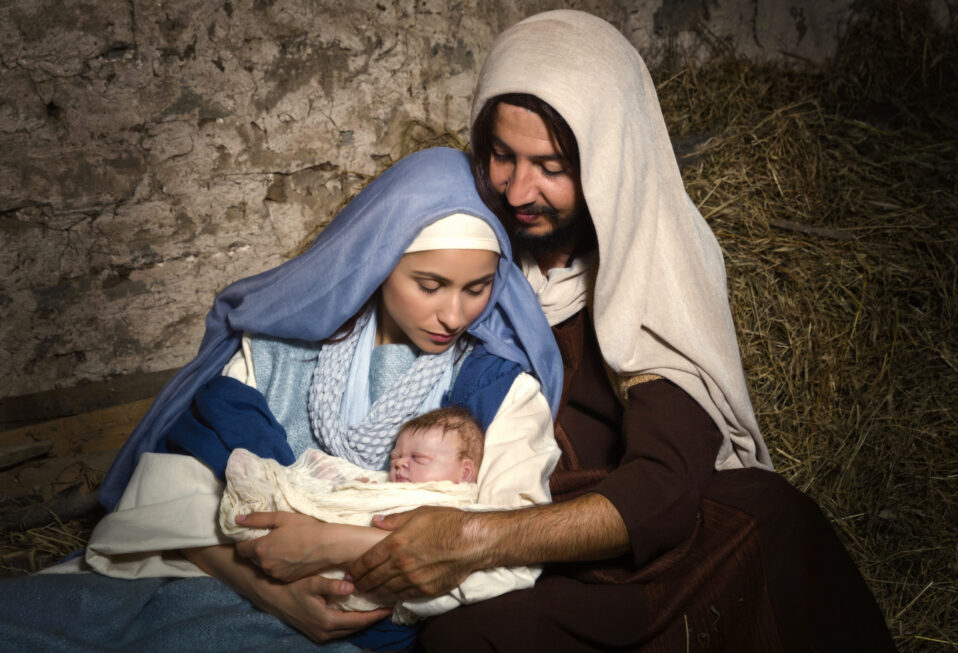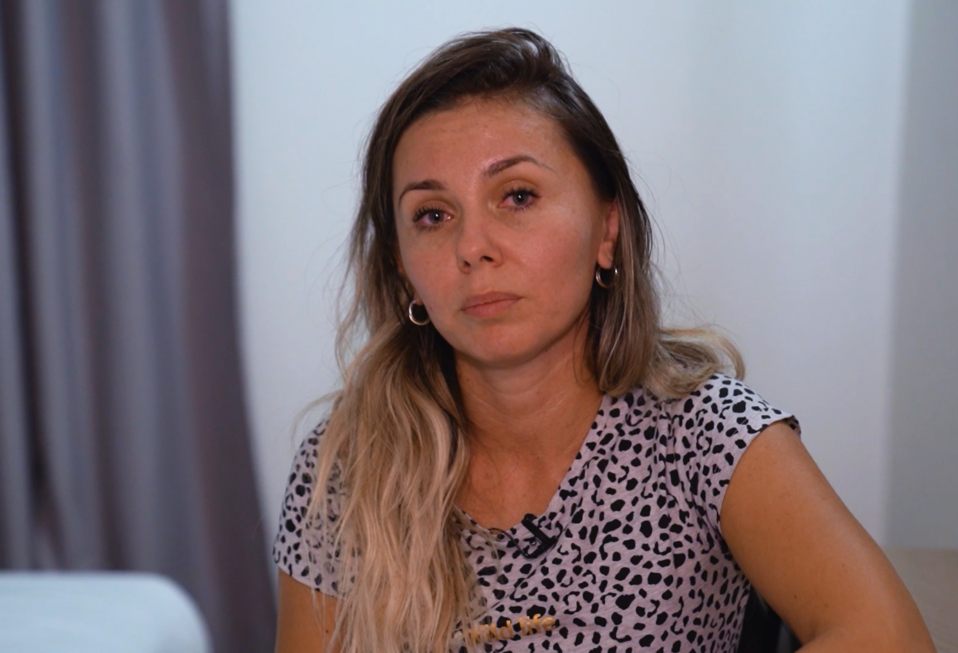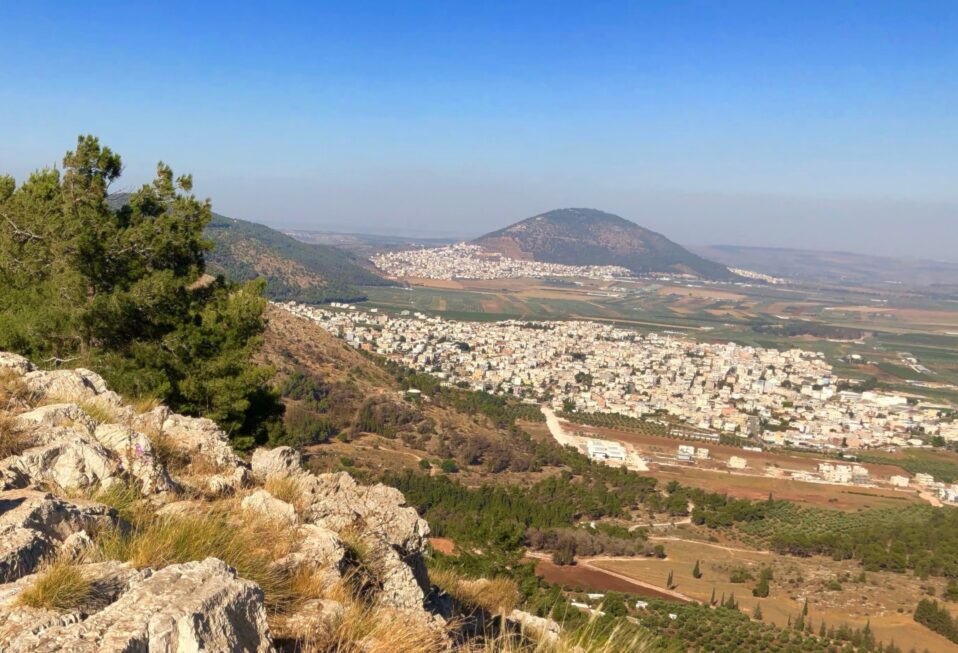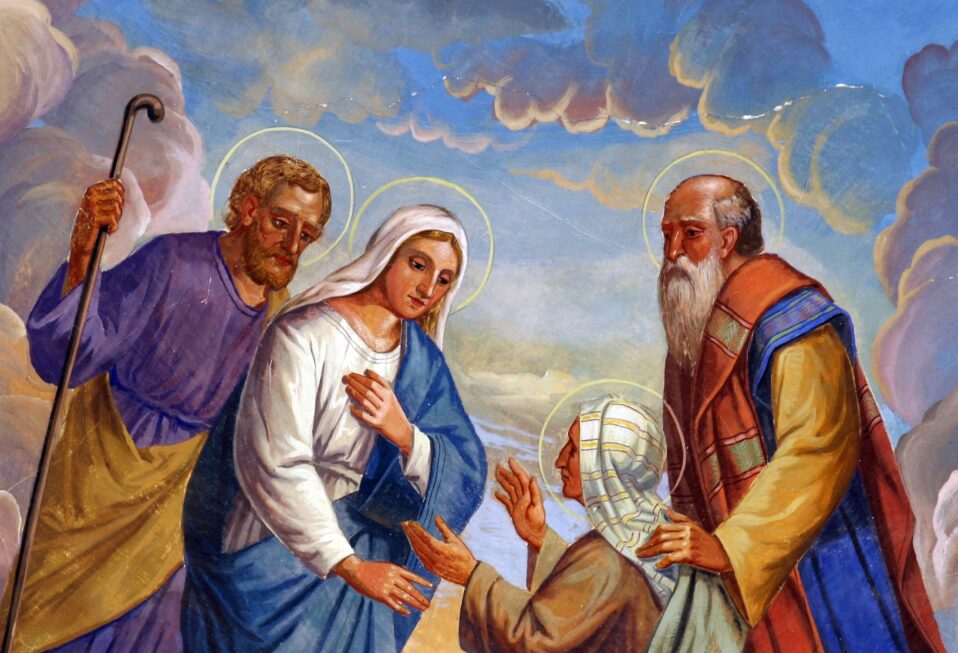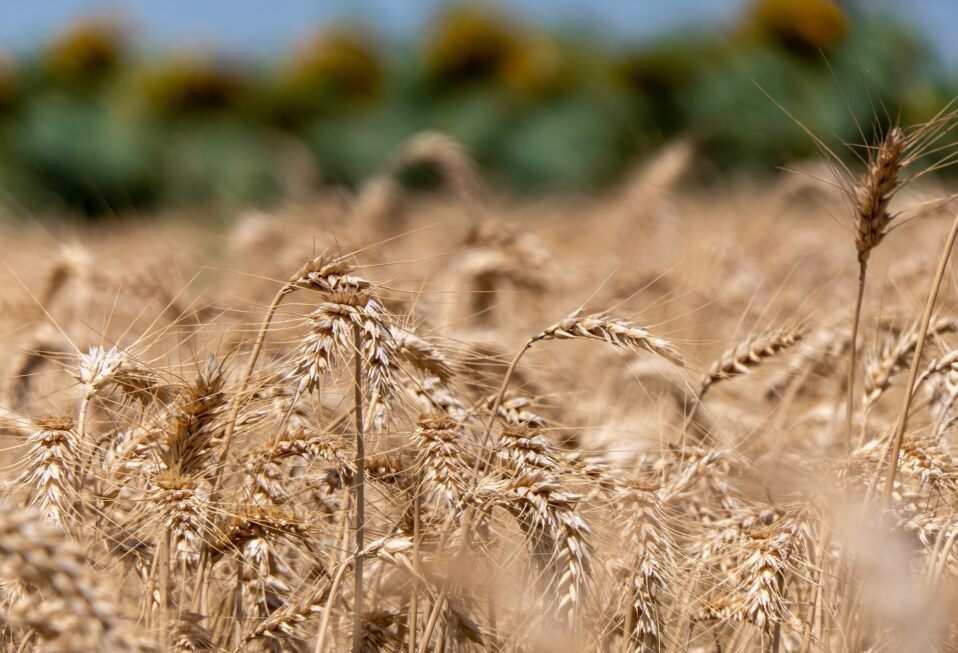By Arlene Bridges Samuels
Manger Square in Bethlehem is a famous tourist destination for thousands of visitors worldwide to celebrate Jesus’ birth amid glowing lights, music, and a towering Christmas tree. However, this year, the Church of the Nativity, which many believe is our Lord’s actual birthplace, is subdued and silent. The only allowance will be midnight services and prayers. Otherwise, there will be no decorations. No lights. No jubilant parade. All celebrations have been muted.
What could account for this disturbing and unsettling change of events—especially considering the decades of Christmas celebrations and tradition? The answer lies with Bethlehem’s municipality officials, who decided to cancel all events except midnight services and prayers. Their reason: “in honor,” they say, “of the martyrs and in solidarity with our people in Gaza.” They say martyrs; I say terrorists. Terrorists who deliberately launched a savage attack on peaceful Israeli civilians.
In another, much happier location, last Saturday my husband and I were in a movie theater, where we enjoyed Christmas With The Chosen: Holy Night in a limited run between December 12–17. The first-ever multi-season series about the life of Jesus opened a profound, insightful look into a one-of-a-kind birth never repeated in world history. God Himself came to earth as a human, conceived by the Virgin Mary through the power of the Holy Spirit. No modern manger scene, no Christmas tree or glittering Christmas lights can replace Jesus’ ancient birth in the humblest surrounding portrayed in The Chosen.
The production—a historical drama based on the life and ministry of Jesus—is dedicated to bringing these sacred stories to the screen and is now streaming on numerous platforms.
In a creative backdrop theme of the Jordan River and the Dead Sea, voiced by brilliant monologues from Amanda Jenkins (an author, and wife of director Dallas Jenkins) and Chosen writer Tyler Thompson, believers and non-believers heard a clear message of Jesus’ redemptive purpose. Dallas Jenkins commented in the opening segment, “Like the rippling currents of an ever-changing river, God is on the move. And that means we must move, to make space in our hearts. Is there room in yours?”
I am among many millions of Chosen fans. Imagine my delight in September, when I had the opportunity to interview Chad Gunderson and Chris Juen—the producers of The Chosen. The Biblical History Center in LaGrange, Georgia, was the perfect setting for the Q-A session it hosted. As members of the enthralled audience, we sat in a beautifully constructed “ancient” amphitheater surrounded by columns. If you live in or visit Georgia, throughout the year The Biblical History Center provides an excellent education about ancient times.
On the raised marble dais, and later in person for my interview, Chad and Chris impressed me with their authentic, engaging, and great storytelling ability. Their humility was obvious early on when Chris commented about The Chosen’s first season: “I am still startled since Chad and I both didn’t have a clue about where The Chosen would go.” He and Chad expressed their gratitude to be involved “in such an amazing project that has taken the world by storm.”
After their event, I sat down with Chad and Chris who own their successful “Out of Order” studios (OOO Studios), founded in 2015. A few short years later, the Lord opened doors for them to use their God-given talents as The Chosen producers.
Several topics came to light including the October 7 Hamas massacre, the most wicked and shocking murder of Jews since the Holocaust. In September, when I interviewed the producers, I asked if they had a particular interest in Israel before producing The Chosen. Chad commented, “Outside of being a believer and knowing that’s where our Lord walked, it’s definitely been on my bucket list to visit Israel.” Chris agreed, adding with a smile, “It’s kind of been said as a funny joke that we’re not making a Christian show. We are making a Jewish show.”
Chris’s comment is especially significant since October 7, the horror-filled day when Hamas launched its deadly, multi-pronged attacks against Israelis. While on the GMA Dove Awards Red Carpet on October 17, Chad noticeably stated his stance, “Honestly, we just stand with Israel right now. It’s that simple and it’s heartbreaking to see what’s going on over there.”
Already, The Chosen’s first three seasons creatively provided an education about Judaism that many Christians were unaware of. Dallas and his team have made sure that the Jewish culture Jesus was born into is revealed not only through Bible passages but in markers of Jewish culture. These include weddings, Rosh Hashana, the prayer shawl (tallit), Sabbath observances, tiny Scripture scrolls in Mezuzahs on doorposts, and a range of historic facts about first-century Jews who followed Jesus and conveyed the Gospel to the known world after His Ascension.
I am convinced that The Chosen’s embrace of Jesus’ Jewish culture has helped build a foundation of support for Israel among viewers who were unfamiliar with it. God Himself created the Jewish way of life in the Old Testament, as Jewish scribes (serving as vessels for His transcribed words) recounted the birth of our Jewish Savior, as well as the roles of the Jewish disciples and believers who populated the first years of belief in Jesus as Messiah. For those of us who are non-Jews, Israel is our spiritual homeland.
On October 7, The Chosen was quick to post on their official Instagram account a photo of Jonathan Roumie who plays the role of Jesus with the caption “#Israel.” Creator Dallas Jenkins asked for prayers on his Instagram posted on October 12: “I wanted to give you an update about our friends in Israel. We have many Chosen family members who are impacted: translators and advocates, cultural and religious consultants, and of course our Simon, Shahar Isaac, who lives near Capernaum.”
Jenkins went on to report, “At the moment, all are okay, but please continue prayers. Some of them are literally on the front lines while others are in shelters. We kneel with them.”
Jonathan Roumie also posted on Instagram asking for prayers for “ALL the innocent victims of the war in Israel and Palestine.”
Christmas With The Chosen: Holy Night is a beautiful reminder of family and the challenges that often arise. Both producers do everything possible to have their families visit during the filming days. Their wives, Amanda Gunderson and Jennifer Juen, are an important part of the set when they come. “They create such an atmosphere of encouragement to everyone on the staff, whether they are a cameraman or are setting up a display.” They often stop and pray for the staff. Chad and Chris acknowledge sacrifices that they themselves make as producers yet are incredibly grateful for their wives and teenagers as the teams behind them.
Both producers discussed preserving two important goals: to maintain both Scriptural and historical accuracy. They added that the series is so relatable and “everything else is just what’s plausible in a way that can keep people engaged.” Stay tuned, because I may write a future column about The Chosen based on my interview and more of their outstanding stories shared at The Biblical History Center.
I cannot neglect to mention the majestic, original production with performances by famed tenors Andrea Bocelli and his son, Matteo. From witnessing simple shepherds transfixed by angel songs, then running to the dirt and animals’ shelter to see the newborn King, The Chosen also transported us to a marble and rock quarry in Tuscany, Italy. We were transformed by the magnificent Bocelli father-son team singing O Holy Night as they stood on a vast expanse of rock that soared to the skyline.
At this season, I pray that all who read my Christmas column will encounter Jesus in precious moments celebrating the Holiest Night of the Holiest birth in world history.
Prayer Points:
- Pray for the Prince of Peace to bring true peace to the Middle East—especially during the ongoing war between Israel and the enemies that seek her annihilation.
- Pray for the Christians in Bethlehem, where Jesus was born, as well as for Christians all throughout the Middle East who often suffer persecution for their faith.
- Pray that the Israeli Defense Forces experience miracle after miracle—for their safety and for their anxious families.
- Pray for the United States to remain strong in its support for Israel and her people even in the face of mounting pressure from the far left and anti-Israel groups.
- Pray for CBN Israel to continue bringing relief and hope to hundreds of terror victims and displaced families in the midst of the ongoing war situation.
- Pray for CBN News to continue bravely reporting the truth and facts from the ground about what is happening in the Holy Land during this tumultuous time.
Arlene Bridges Samuels pioneered Christian outreach for the American Israel Public Affairs Committee (AIPAC). After she served nine years on AIPAC’s staff, International Christian Embassy Jerusalem USA engaged her as Outreach Director part-time for their project, American Christian Leaders for Israel. Arlene is an author at The Blogs-Times of Israel and has traveled to Israel since 1990. She co-edited The Auschwitz Album Revisited and is on the board of Violins of Hope South Carolina. By invitation, Arlene attends Israel’s Government Press Office Christian Media Summits. She also hosts her devotionals, The Eclectic Evangelical, on her website at ArleneBridgesSamuels.com.


